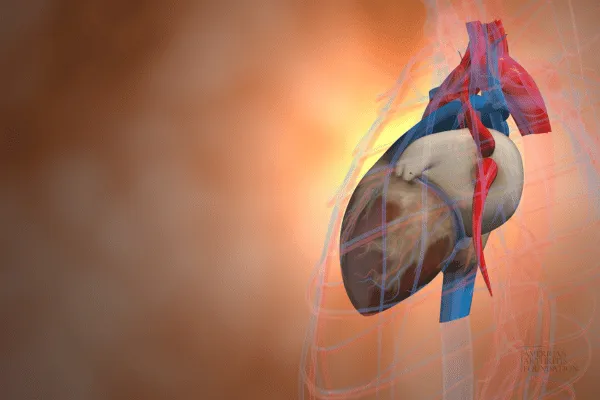Support and Learning Resources for Young Arthritis Patients
Close to 300,000 young individuals in the U.S. are affected by juvenile idiopathic arthritis (JIA) and related pediatric rheumatic conditions. These autoimmune disorders can impact joints, skin, eyes, and even internal organs. While receiving such a diagnosis might feel overwhelming, it's comforting to know that there are effective treatments to help manage the condition.
Juvenile arthritis encompasses a range of rheumatic conditions that affect children 16 years and younger. It's important to note that these aren't simply adult diseases appearing in kids; they have unique characteristics and require different treatment approaches. Among these conditions, juvenile idiopathic arthritis (formerly known as juvenile rheumatoid arthritis) is the most prevalent. Other examples include juvenile psoriatic arthritis, pediatric lupus, and several more.

Exciting Breakthrough: Heart Muscle Regeneration Offers New Hope for Healing
Researchers at the University of Arizona College of Medicine have made a groundbreaking discovery that could transform the treatment of heart failure and potentially other conditions. Their study found that certain patients with artificial hearts are capable of regenerating heart muscle cells at a rate significantly higher than that of healthy individuals. This incredible finding brings fresh hope to the future of regenerative medicine.
Key Findings: The Heart’s Remarkable Ability to Heal
The study revealed that patients with artificial hearts produced new heart muscle cells at six times the rate of healthy individuals, providing compelling evidence of the heart’s ability to regenerate even after birth. This discovery not only opens new avenues for treating heart failure but also challenges long-held beliefs about the human heart’s capacity for self-repair.
While more research is needed to uncover why some patients experience more robust regeneration than others, this study marks a pivotal step forward in understanding tissue repair and recovery.
What This Could Mean for Arthritis Patients
This breakthrough has exciting implications for the arthritis community. Heart disease and arthritis often coexist, and advancements in regenerative medicine for one condition may pave the way for innovative therapies for others. Understanding how tissues regenerate could lead to new approaches for joint repair and inflammation management, addressing the root causes of arthritis-related pain and stiffness.
As researchers delve deeper into why artificial hearts seem to trigger such remarkable regeneration, we can remain optimistic about the potential applications of these findings in arthritis care and beyond.
A Step Toward a Healthier Future
"This is the strongest evidence yet that the human heart can regenerate after birth," the researchers said. The next phase of research will focus on identifying the factors that drive this regeneration and exploring how these insights can be applied to other tissues, such as cartilage and joints.
This breakthrough offers renewed hope for addressing interconnected health challenges, such as arthritis and heart disease. As science continues to uncover the body’s incredible capacity for self-repair, we inch closer to a future where managing chronic conditions becomes more effective and holistic.
Staying Informed and Optimistic
At the American Arthritis Foundation, we celebrate these milestones in medical research and their potential to revolutionize how we approach chronic conditions. Let’s remain hopeful and advocate for continued innovation that benefits not only heart health but also arthritis care and overall wellness.
Have a question?
We're Here to Help
By providing my phone number, I agree to receive text messages from the business.


